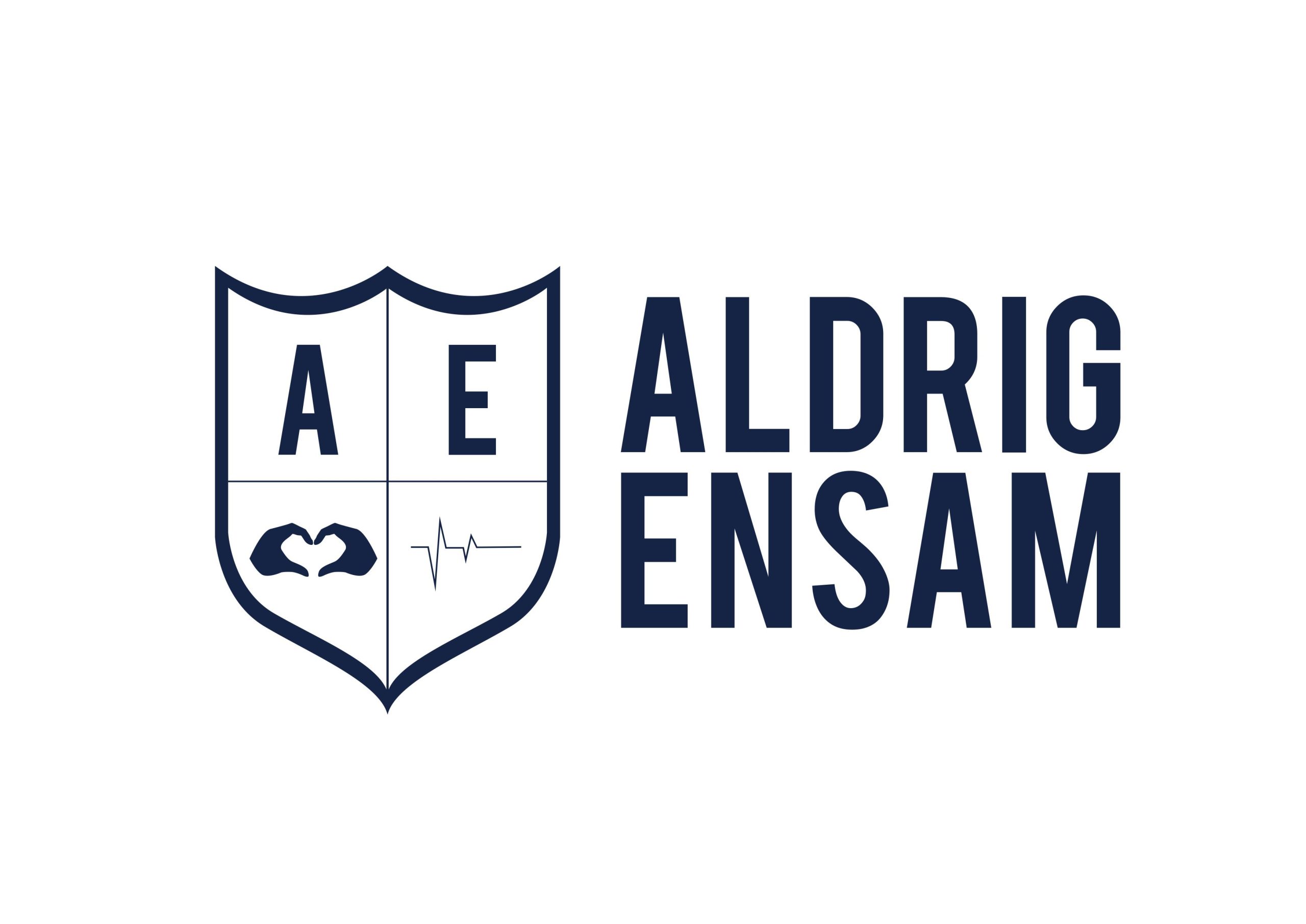
What is Stress?
Stress is the body and brain’s way of quickly making us ready to face a dangerous or challenging situation. It’s an ancient reaction to dealing with physical threats and provides us with an increased physiological and psychological readiness for action.
The problem is that today, we’re faced with completely new types of threats. We rarely meet bears or enemies with spears. Our threats are usually “conceived threats” and stress that’s activated by constantly processing large amounts of information.
The brain is bad at separating actual, physical threats from conceived threats. Physically, our physical stress response works in exactly the same way as it did during the Stone Age.
In simple terms, stress is a form of readiness. It’s the body’s and brain’s way of responding to a challenge so that we can do our best. Stress in itself is a completely normal and necessary response found in all animals and humans. And stress is NOT a mental illness. Stress varies in life, from a little to a lot. And no matter how stressed you are, you can’t “go insane” from stress.
Stress is a combination of two factors:
- VWhat happens in the world around you
- How you relate to what’s happening in the world around you.
Short-term or so-called acute stress temporarily increases one’s ability to perform optimally. Both the body and the mind are prepared to eliminate the threat. Short-term stress can occur, for example, in the event of an accident, when you’ve ended up in a difficult situation, when you have to run to the bus or when you have to make a presentation. The short-term stress is not dangerous to the body. Once the threat is eliminated and the situation restored, one can rest and the body’s functions return to a balanced state.
Prolonged stress occurs when the stress response is regularly triggered and when the body doesn’t get enough rest and recovery. The long-term stress is often less intense than the acute stress and isn’t always experienced as clearly. In case of prolonged stress, the body exhibits negative, prolonged and severe symptoms. Some examples of effects are reduced ability to fight infections, impaired memory, sleep problems, weight changes, high blood pressure, and so on.
We humans are good at imagining things that could happen; “Imagine if I am late for the meeting”; “I won’t be able to make the deadline.” In the same way as with an actual threat, a conceived threat can trigger the stress reaction. Many of our stress problems today are more due to conceived threats than actual threats. It’s more difficult to determine when a conceived threat is eliminated, because we’re rarely able to measure them in the same way as real threats.
Why are People Affected?
There may be many reasons why we’re stressed. Sometimes we have too many demands in one area of life and sometimes the sum of demands in several different areas becomes too large. When the demands are greater than you feel you have the resources to cope with, a physical stress reaction often arises.
Symptoms of Stress
To stress a lot and, above all, for a long time while we fail to recover, inevitably leads to the symptoms of stress. The symptoms are the body’s warning signs that it’s being overloaded right now. You can divide the symptoms into things that happen with our mood, with our thinking, things we do when we are stressed and things that happen in the body.
The body: Upset stomach, headache, migraines, neck problems, vision loss, dizziness, loss of contact with the body’s signals of fatigue, hunger, thirst, pain.
Thinking: Confusing, unclear thinking, difficulty to let go of thoughts of problems, difficulties in prioritizing, concentration difficulties, forgetting things, tunnel vision, selfishness, difficult to plan.
Mood: Worry, guilt, shame, emotionally exhausted, sad, depressed, irritation, anger, crying spells, need for sugar, anxiety.
Things people do: Quarrel, being rude to others, eat more/less, eat too fast, abuse substances, withdraw, stop listening, become controlling, sleep less/more, clumsiness.
Self-Prevention
The problem of stress is usually the lack of recovery. When we feel stressed, we often cut down on relaxation, exercise and things that we know make us feel well. But it’s in periods of stress that it’s particularly important with downtime and to strengthen the body and mind. A very important aspect of being able to manage stress is to make sure to have time for activities that provide recovery.
Many times, different people have different activities that provide recovery, but exercise and movement reduce stress and then it’s not the degree of effort in what you do that’s important. The important thing is that you move, as it has the same effect from a recovery perspective.
When should you seek care?
Care for stress-related illness should be sought if you notice that you have impaired capacity at work, socially or in other important respects due to:
- Concentration or memory impairment
- Significantly reduced ability to handle demands or to do things under time pressure
- Emotional lability or irritability
- Sleep disorder
- Significant physical weakness or fatigue
- Physical symptoms such as pain, chest pain, palpitations, bowel problems, dizziness or sensitivity to sound
- Lack of energy
If this has been experienced for at least two weeks, you may be on your way into burnout/fatigue disorder. A start can be a visit to your health care center or GP.
